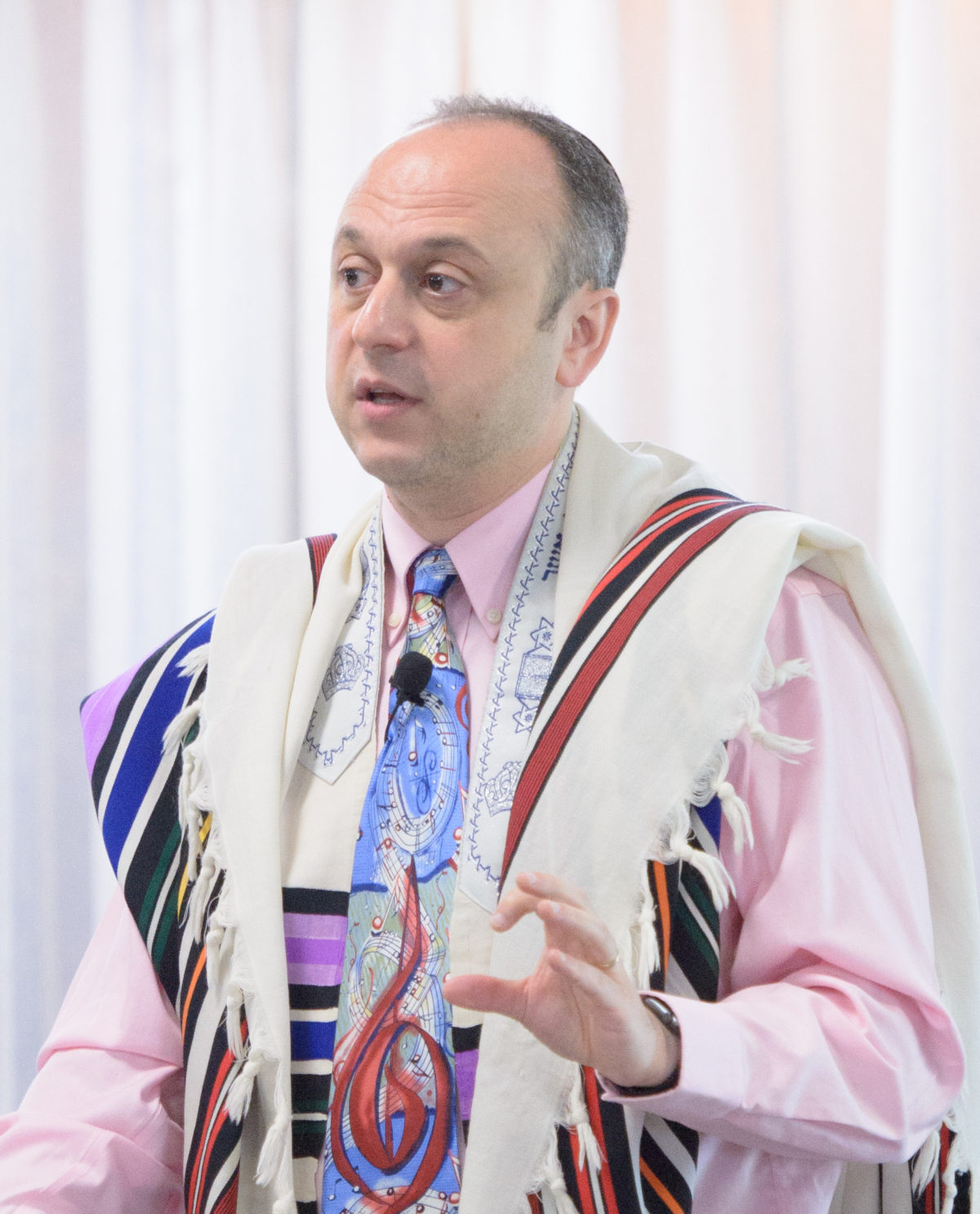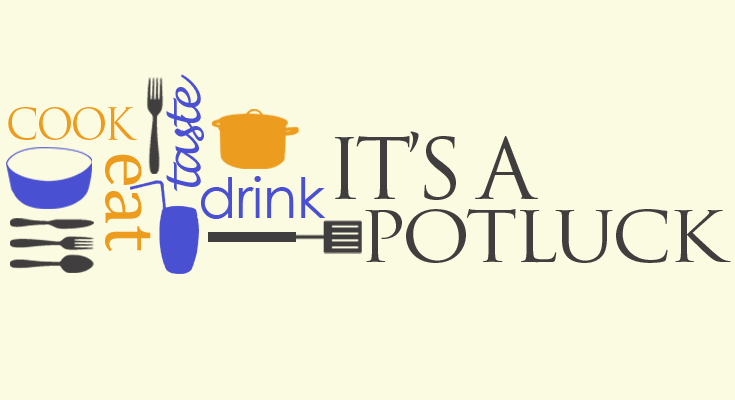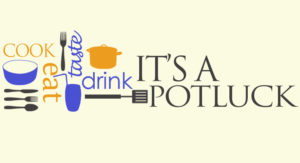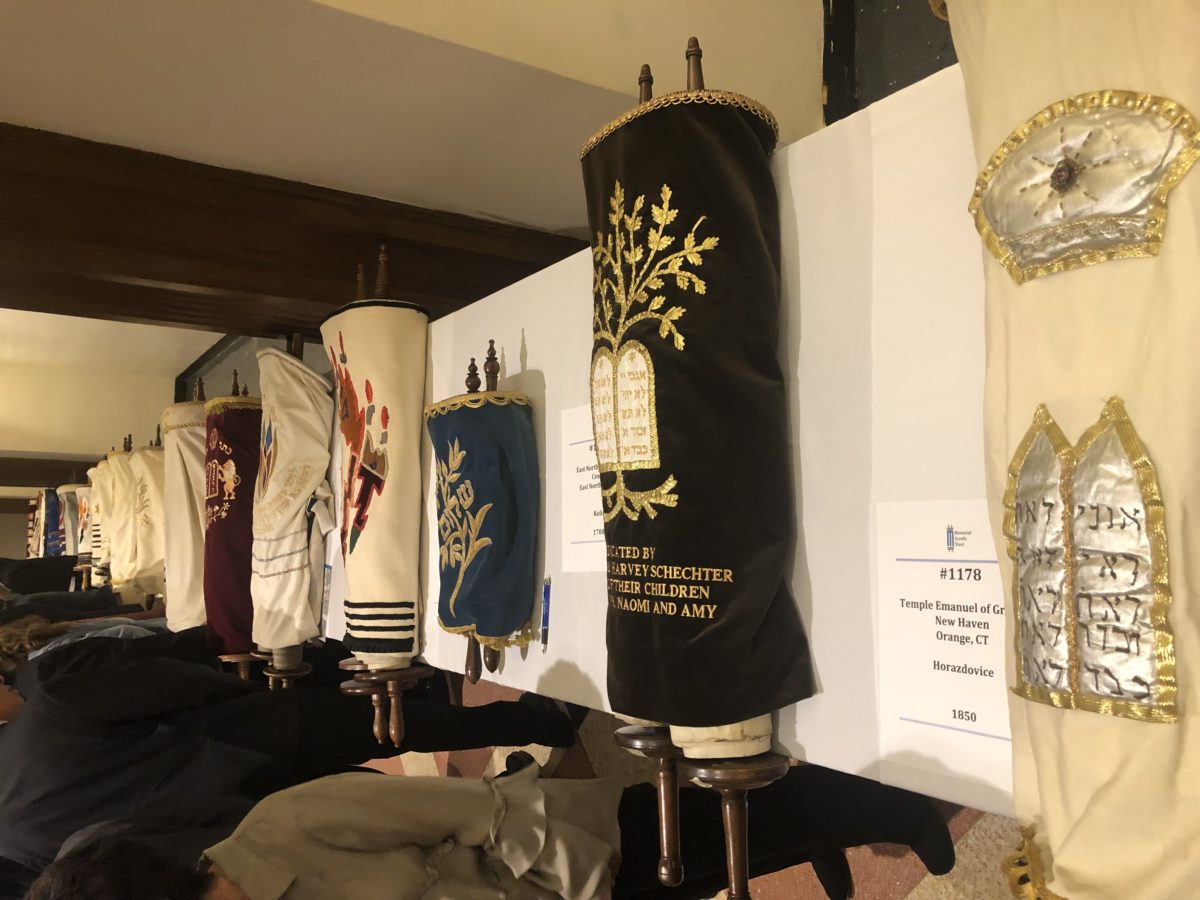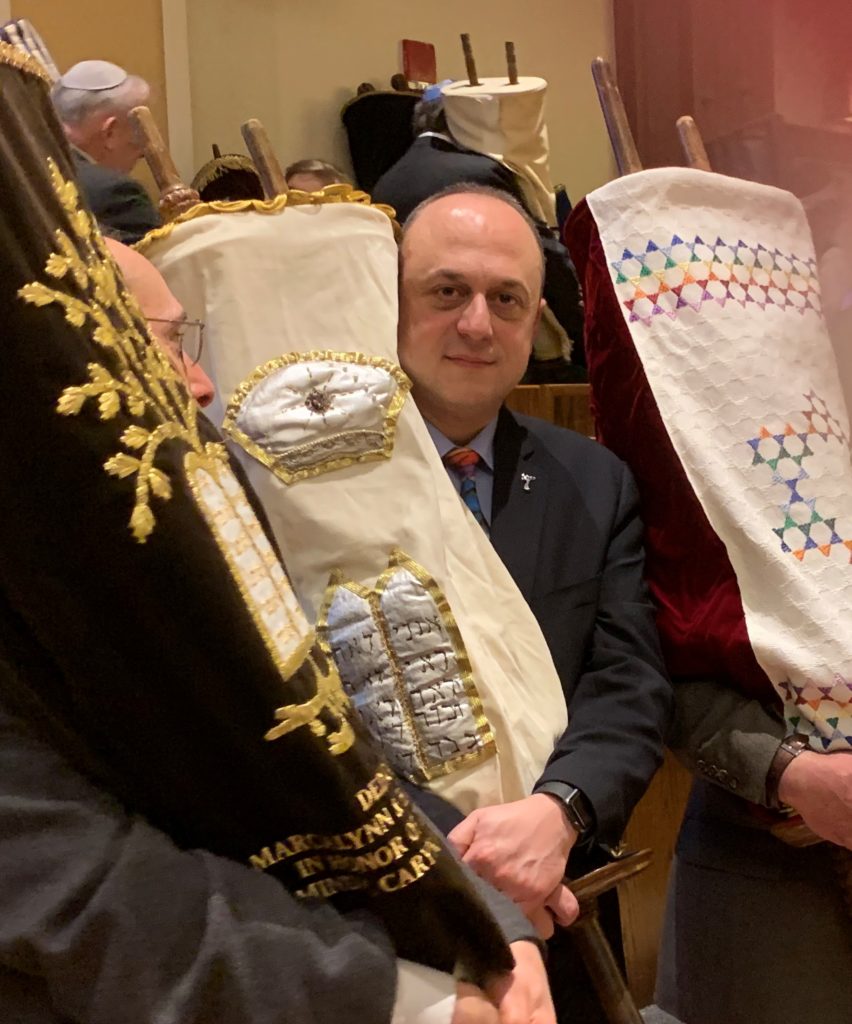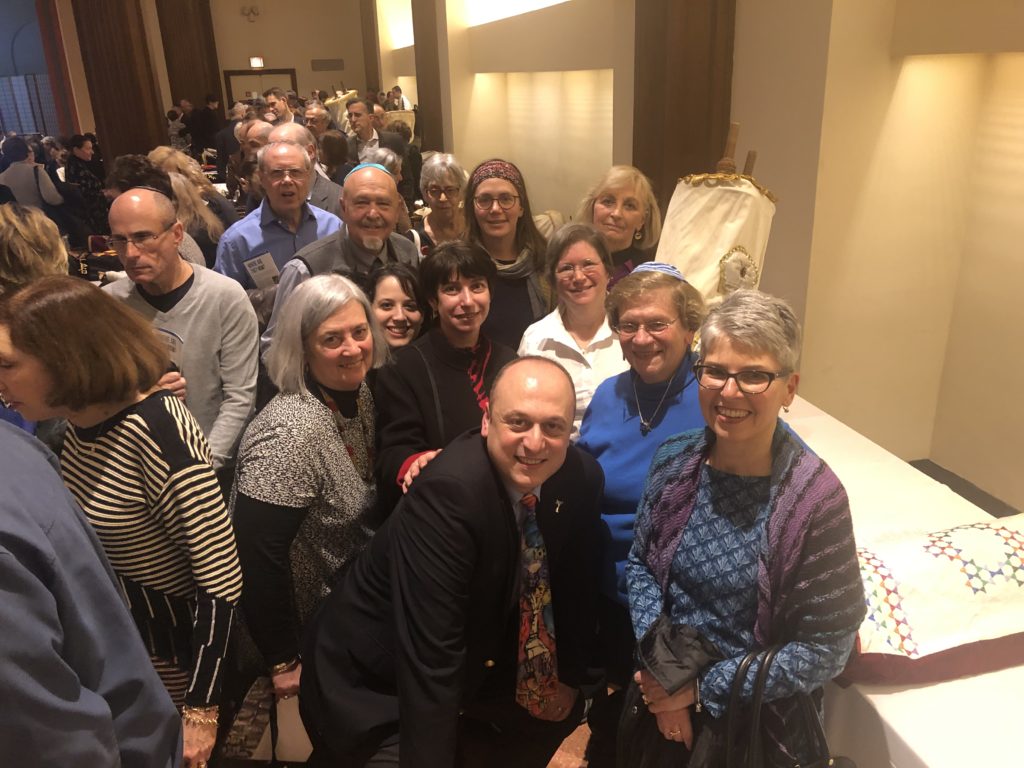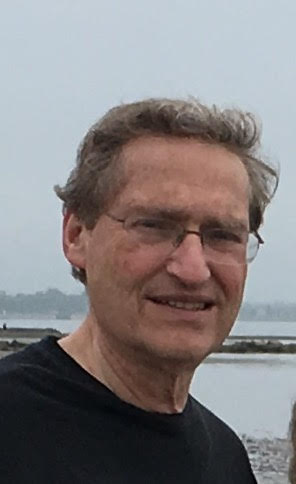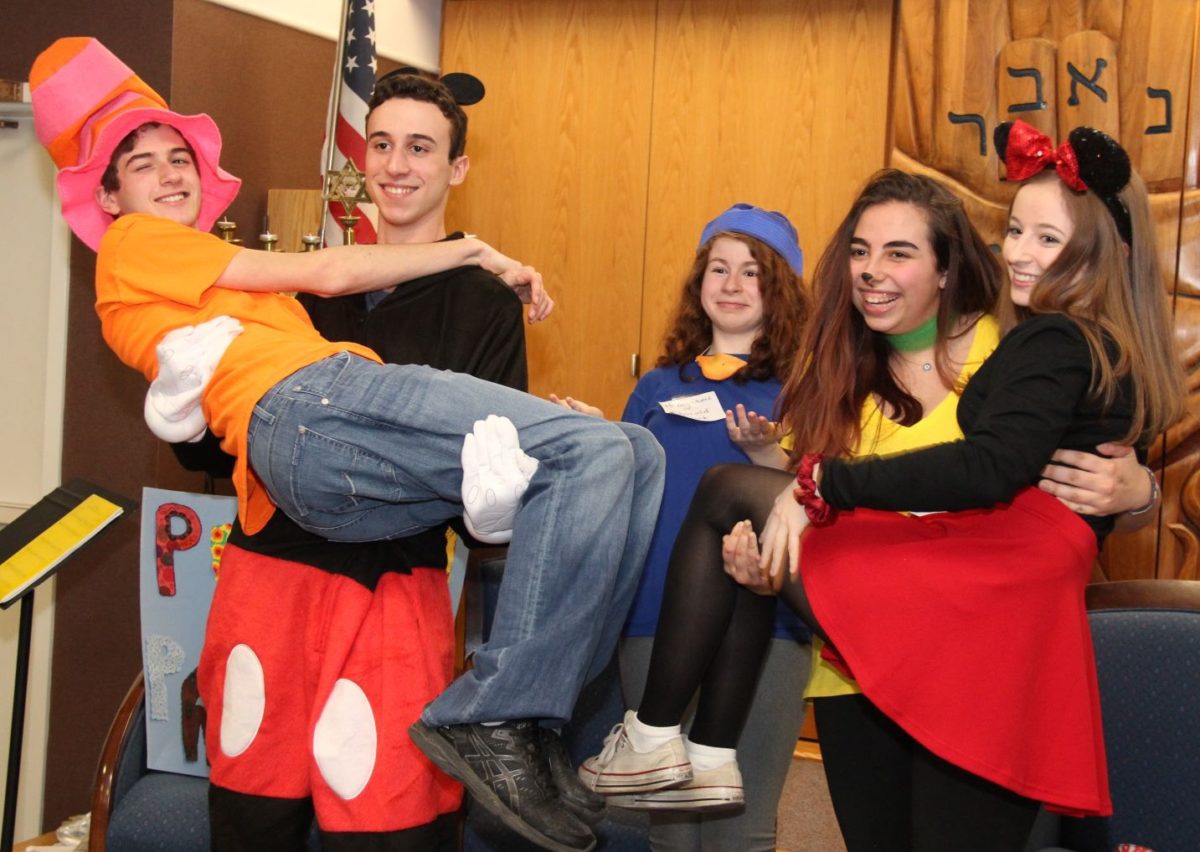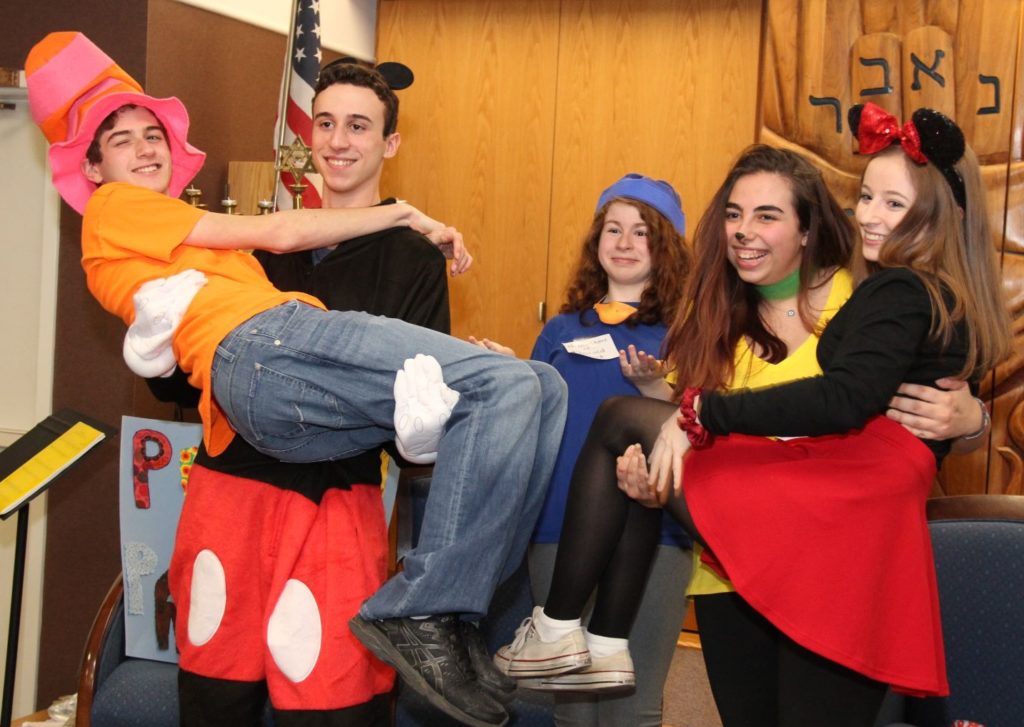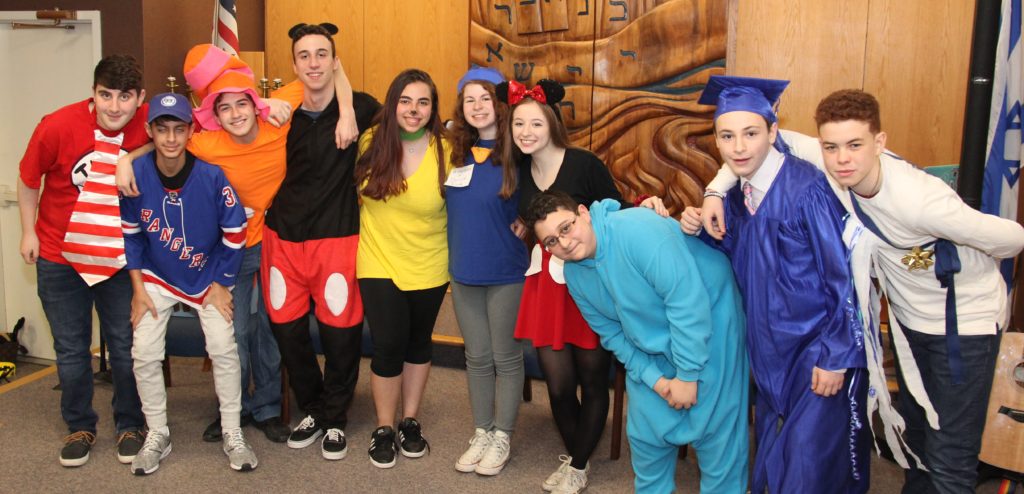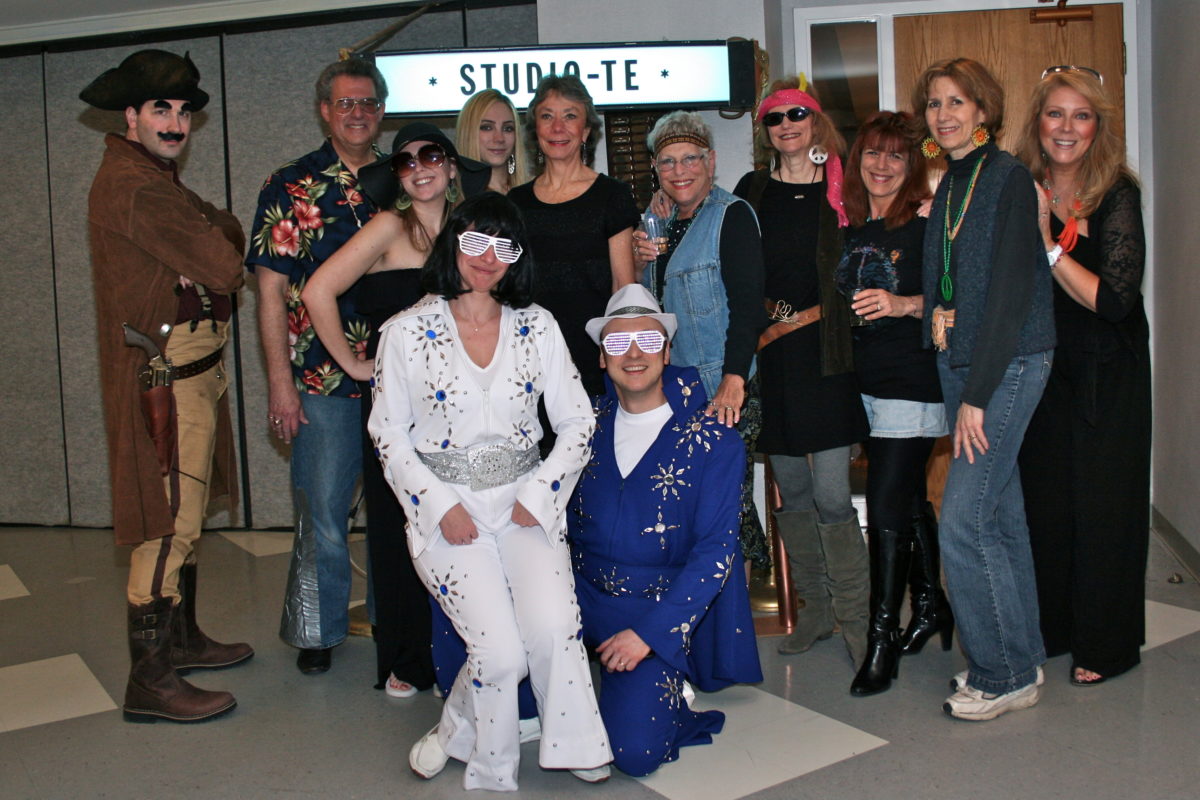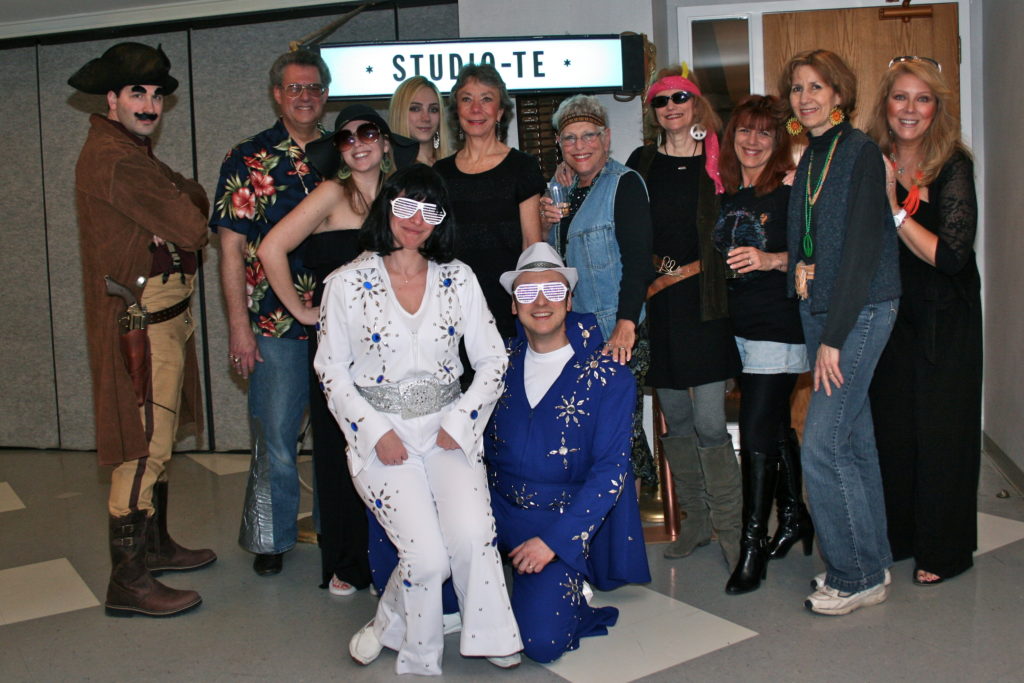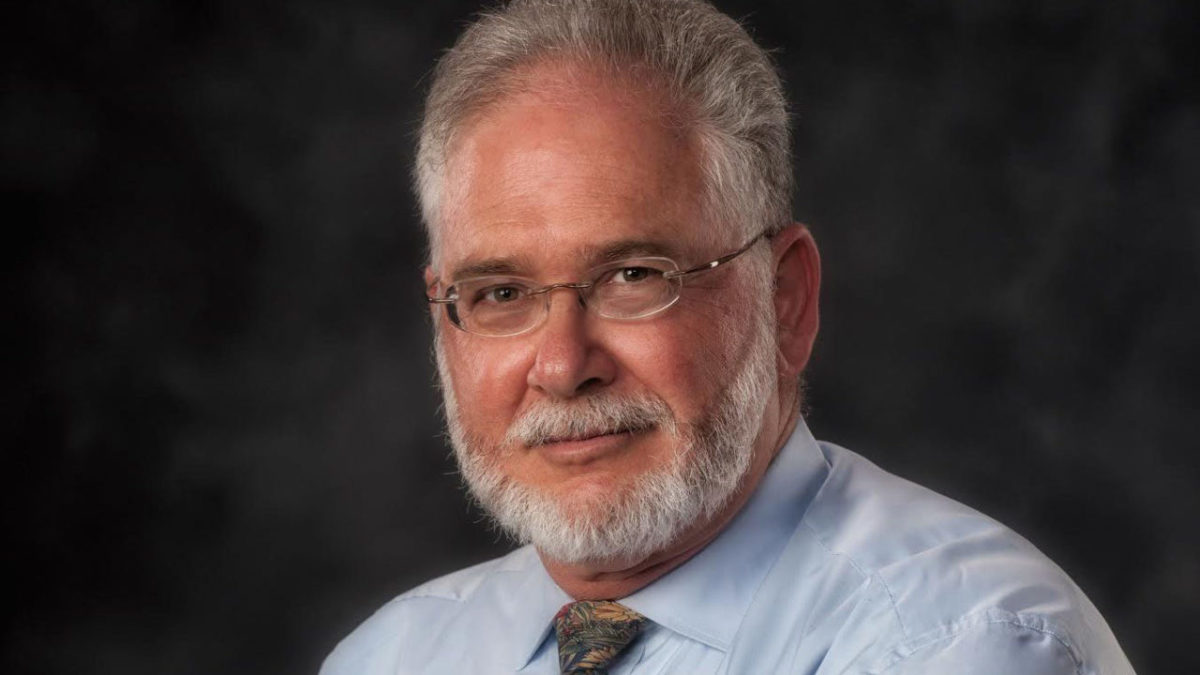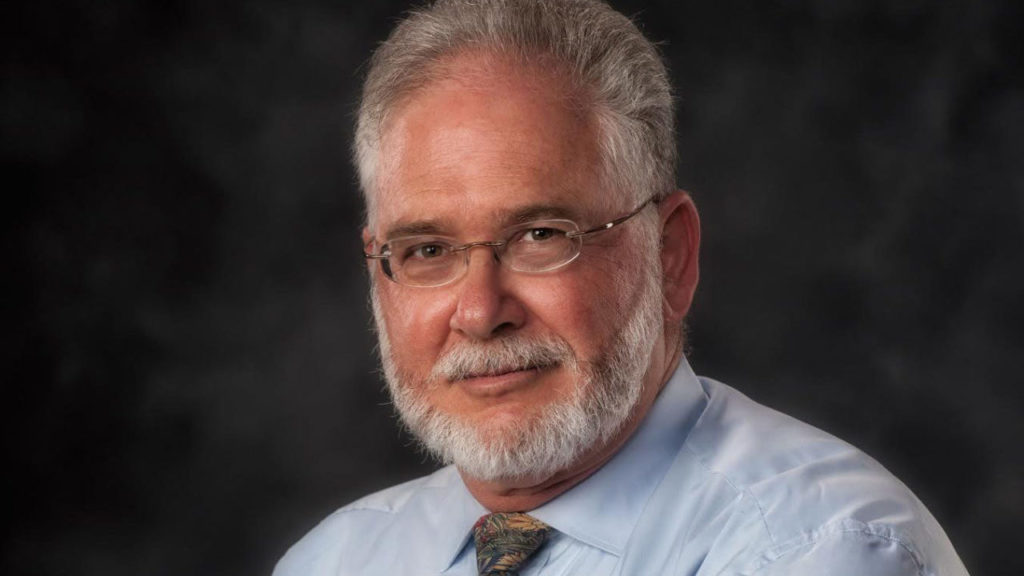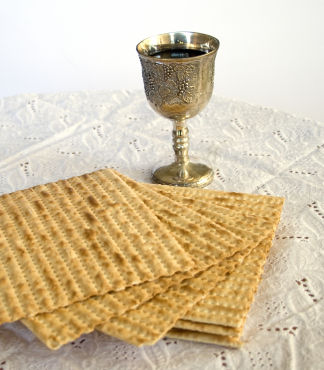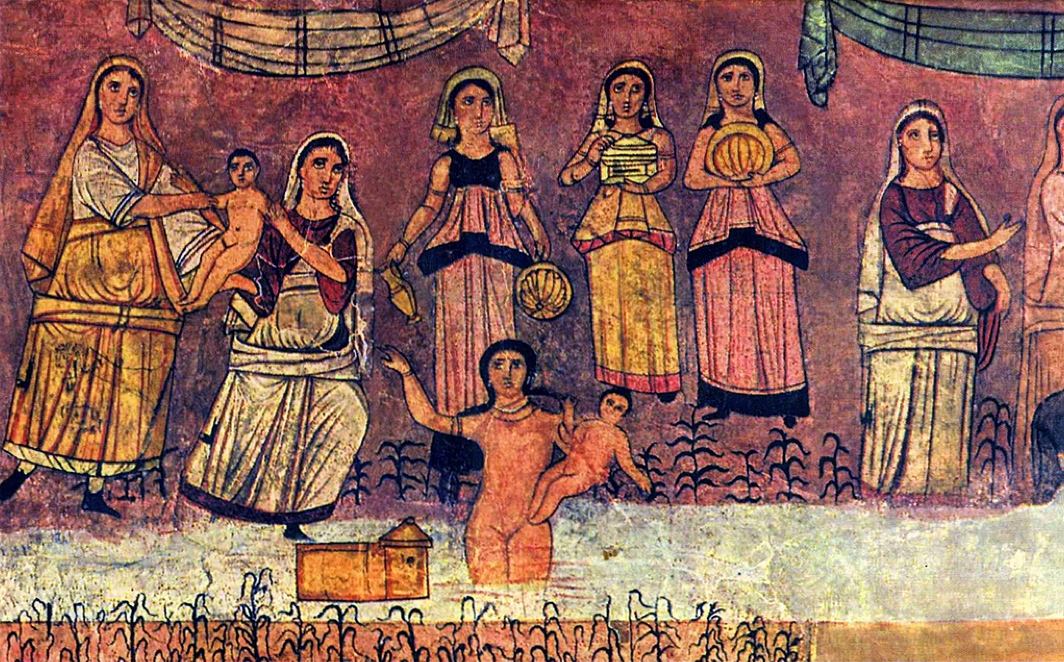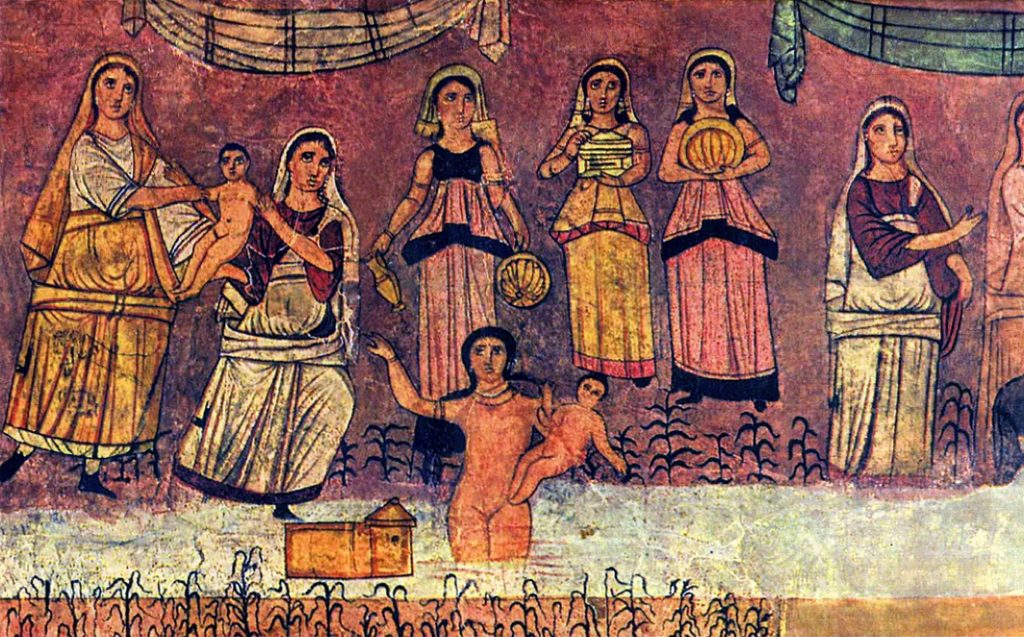Routines are important. We begin to learn the routines almost immediately after we are born: we sleep, we eat and everything in between. Parents of newborn children quickly learn that if something happens once, it is not yet significant – but once a skill or an action is repeated 3 times, that may very well be a new routine.
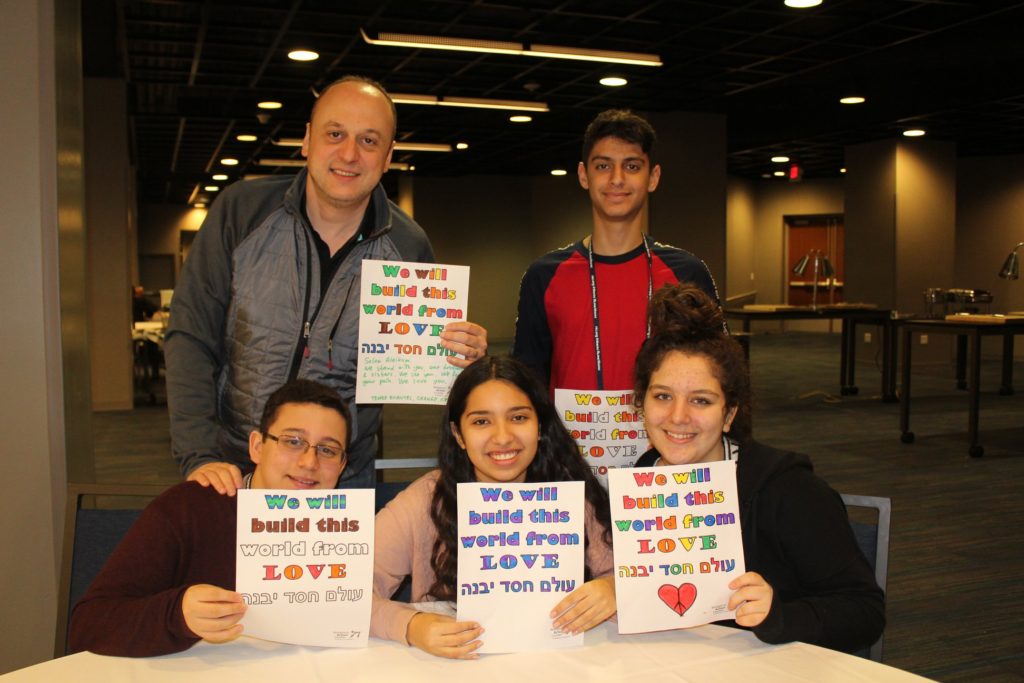
Judaism values routines greatly: there’s a lot of comfort and meaning in the daily rituals of prayer, weekly rituals of Shabbat; not to mention the annual rituals of Jewish festivals that allow us to pay ever-closer attention to life around us, to our families, to ourselves, and to our traditions.
We have just celebrated the Festival of Passover, perhaps the most symbolic routine-filled occasion of the annual Jewish calendar. Food, family, community, ancient history and modern reality – all of it is intertwined into the special week of Passover, when we celebrate our freedom and our very existence as a Jewish nation (despite, as the Haggadah reminds us, multiple attempts to deny us the right to exist and to be ourselves).
As we said goodbye to Passover, we were once again faced with the terrible news – this time from Poway, CA, where a white supremacist filled with hate opened fire on Jews in the synagogue. A holy soul, Lori Gilbert-Kaye z’l lost her life, and the rabbi and two more congregants suffered gunshot wounds (but are recovering). Thanks to the incredible bravery of the congregants, and ineptitude of the cowardly shooter, a much greater tragedy was averted.
We have been here before. Six months ago, to be exact. We had to figure out how to respond to the Pittsburgh tragedy, the first such devastating attack on a synagogue in American history. We cried, we prayed, and we gathered as a community, surrounded by friends and neighbors of all faiths. We reviewed our safety procedures, and for the first time in our 56 year history, we began keeping our doors locked at all times, even on Shabbat and Festivals. We hugged our loved ones tighter than usual, and we went back to doing what we do best: celebrating our traditions, teaching and learning, feeding the hungry and working to make this world a better place, one step at a time.
On Sunday morning I stood in our sanctuary, sharing words of wisdom and comfort with our school community. I realized that I am getting to be far too experienced at teaching wisdom to kids, through song, while offering comfort to adults between the lines. This is one routine I never expected to develop in my rabbinate. But as Haggadah reminds us, we have seen this before – and we know what our response should be. We will continue to strive to be the better versions of ourselves: to be better spouses, better parents, better children, better members of our community, and better Jews. THIS is our routine.
Am Israel Chai!
